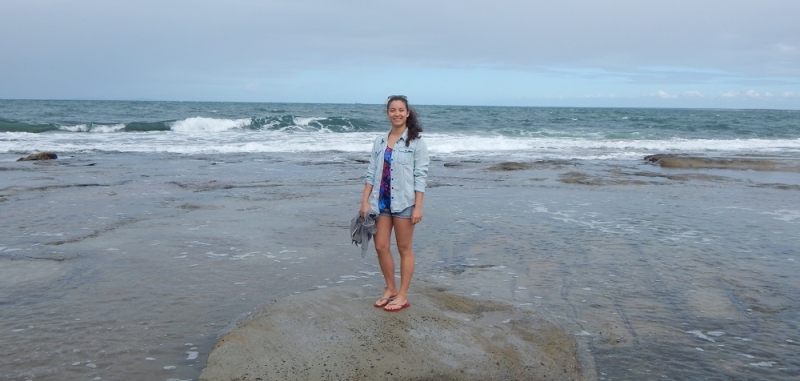Co-operative Education
Overview
Co-operative education is a win-win where students gain relevant work experience, while employers benefit from students' energy, fresh ideas, knowledge and skills.
Co-op programs are offered at most of B.C.’s public post-secondary institutions and are available across a range of program areas, including business, science, arts, applied science and technology.
Check out the benefits of co-op education:
- Receive paid work and gain relevant work experience.
- Apply your classroom learning in the workplace.
- Develop practical workplace skills and learn to market your skills to employers.
- Build a valuable network of contacts and professional references in the field.
- Boost your chances of landing a great job after graduation.
- Earn money to help with your education costs.
To participate in a co-op education program, you first apply to the post-secondary education institution for your program of study. Typically, you then apply to the relevant co-op program.
Work terms are paid and generally start in January, May or September and last for approximately four to eight months. Co-op education students alternate study terms and work terms.
If you are interested in pursuing co-op education, visit the Association for Co-operative Education and Work-Integrated Learning, BC / Yukon (ACE-WIL) for more information and to search a list of available co-op education programs.
You can also contact the post-secondary education institution directly to get full program details, including how to apply, costs and the scheduling of work terms.
Learn about technology sector co-op education and work experience programs. Visit BCIC Tech Works to find out about the BC Tech Co-op Grants Program and BCIC Innovator Skills Initiative.
Success stories
British Columbia’s post-secondary institutions offer a wide range of co-operative education programs. Programs, students and employers alike are justly proud of the results they achieve. Read the stories below to learn just how powerful a co-op education experience can be.
AINSLEIGH HILL
Physics and Biochemistry, University of Victoria
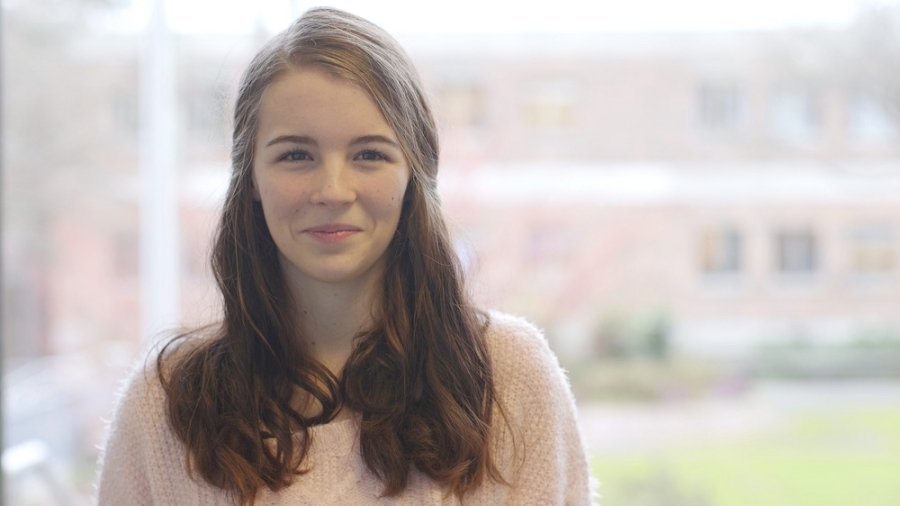
|
Although Ainsleigh is only 19 years old, she has demonstrated a passion for problem solving and an aptitude for science well beyond her years. After graduating from high school at 16, Ainsleigh followed her love of math and science to UVic, where she is pursuing a degree in physics and biochemistry.
For her first two co-op work terms, she joined the Lymphoma Biology and Informatics team at the BC Cancer Agency’s Terry Fox Laboratory, and immediately impressed her co-op supervisor Dr. Andrew Weng by teaching herself how to program in C++ and R within a week—skills that come in handy when the team analyzes mass cytometry data for B Cell lymphoma using computer algorithms.
“Ainsleigh has a unique combination of high intelligence, intellectual curiosity, scientific smarts and mathematical insight, enabling her to make tremendous contributions to the bioinformatics project,” says Dr. Weng. “Her contributions will earn her authorship on at least two papers next year.”
Ainsleigh has been a champion of co-op, encouraging many of her friends to join the program. She credits co-op with helping her zero in on her career aspirations. “I have always liked math, but hadn’t considered computer science as a career path before this co-op,” says Ainsleigh. “With bioinformatics, I’ve learned that I really enjoy computer programming—I am looking forward to having a job similar to this one in the future.”
CARLEE POLESCHUK
Chemical Biology, Thompson Rivers University
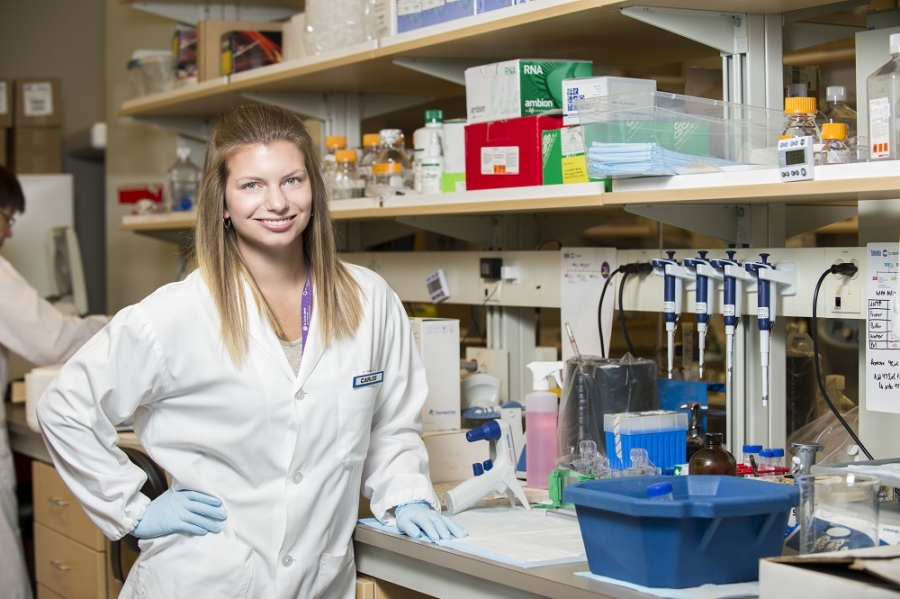
|
Carlee Poleschuk, an Honours Chemical Biology student from Thompson Rivers University completed an eight-month co-op placement as a Nuclear Medicine Research Assistant at TRIUMF (Canada's National Laboratory for Particle and Nuclear Physics). During this time, she worked on a joint research project between TRIUMF and the BC Cancer Research Centre, where she aided the Nuclear Medicine team in understanding, diagnosing and treating subtypes of breast cancer.
Her co-op supervisor Paul Schaffer describes Carlee as "a critical thinker and an independent worker with a strong work ethic and advanced knowledge and ability for someone at the undergraduate level." According to Carlee, “Without this work term, and the co-op experience, I probably never would have found my passion for nuclear medicine.”
MARIA TEPINA
Human Resources Management, Camosun College
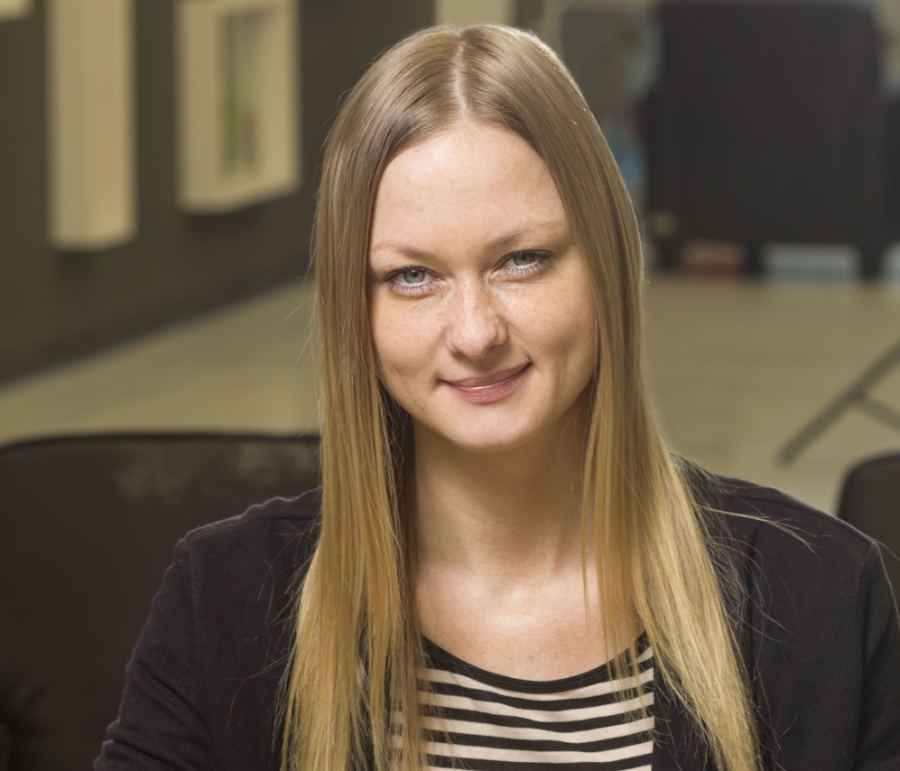
|
Maria Tepina, an international Human Resources Management student at Camosun College completed her summer co-op work term with GSB Enterprises Ltd (a Franchise Company of McDonald's Restaurants). In her role as Hiring Manager “Maria has substantially outperformed both my subjective expectations and my objective criteria,” according to her supervisor Grant Reid (GSB Enterprises Ltd – Director) by developing and applying communication, negotiation and leadership skills during staff recruitment, selection and retention processes.
Prior to attending Camosun College, Maria graduated with a PhD in Personality Psychology from the South Federal University of Rostov-on-Don, Russia in 2008. This co-op term gave Maria the opportunity to apply the theories learned at Camosun College in a real life setting while gaining valuable Canadian work experience as she feels “without Canadian experience it is a big challenge to find a job and build a career.”
ANNE DAY
Forestry, University of British Columbia
When I first joined the UBC Faculty of Forestry Co-op Program, long before I had moved away to small towns in the interior of British Columbia or across the world to Australia, my goal was simple: gain skills, knowledge, experience and hopefully, a job after graduation. However, through my travels I have realized it is less about the goal and more about the journey. And what a wonderful adventure it has been, creating long lasting connections and partnerships with smart, talented and amazing people.
Initially the co-op program was a means by which I could gain experience and could also possibly get a good job straight after graduation. However, once I began co-op in earnest I stayed for the people. They say it takes a village to raise a child – in my case it took three companies and four offices to raise an undergraduate, for where would any of my new-found skills and knowledge come from if it were not for the patience and guidance of my co-workers and supervisors?
Since joining the co-op program, I have worked all over B.C. and I moved to Australia. Half of my co-op terms were opportunities I found through connections from previous work terms. Moving forward after graduation, these connections will be important stepping-stones towards fulltime employment. The people I have met have become a network of support that ultimately has had a huge influence on my professional and personal education.
In closing, personally and professionally, the co-op program has exposed me to many challenges. I am so glad that I took this opportunity to integrate real world experience with my studies.
HASHEM KAMAL
Automotive Service Technician, British Columbia Institute of Technology
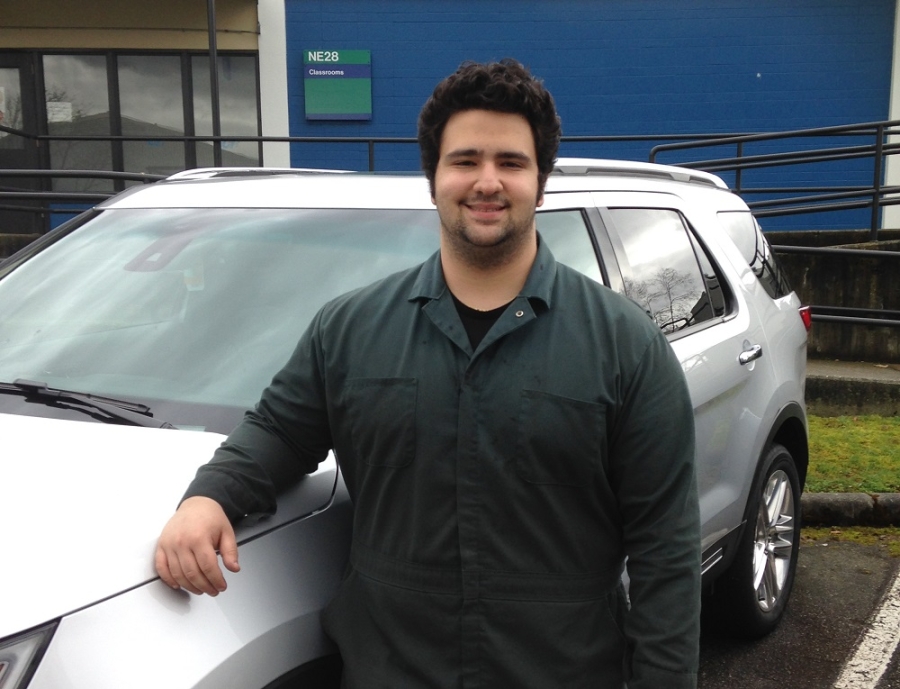
|
Service Technician co-op student Hashem Kamal has found his calling is no understatement. Since he was a toddler, Hashem Kamal has been fascinated by cars. Now he’s working toward a career in the automotive trades.
Originally from Jordan, Hashem is currently enrolled in the Automotive Service Technician program at BCIT. He says completing the program will fulfill a lifelong dream.
Although his studies are still ongoing, the BCIT Automotive Service co-op program has already given Hashem a head start in his career. He’s just completed his first co-op term—and his first job ever—at Hyundai Vancouver’s Destination Auto Group this past December. Hashem spent two terms with Hyundai, where he worked with a team in an entry-level automotive position providing customer vehicle service.
Today, Hashem spends much of his spare time learning about the technical side of the automotive service industry. His co-op terms complemented these efforts by providing networking opportunities, as well as insight into the industry. “The co-op work terms were valuable because they helped me learn about the inside operations of an automotive dealership,” says Hashem.
Hashem is looking forward to becoming a certified Automotive Service Technician and developing a career in Canada. He says his general manager at Hyundai was impressed by his work ethic and passion for the industry and hopes to hire Hashem back as soon as he graduates from BCIT.
STEVEN PHAN
Interactive Arts and Technology, Simon Fraser University

|
Steven Phan’s professional journey started long before he got a prize job as an interaction designer at Google. The SFU student’s career success started after he enrolled as a student of interactive arts and technology and took advantage of the school’s co-op program.
What Phan didn’t anticipate is that his co-op experience would take him from Vancouver software and technology company SAP, where he learned the ropes of user-experience design, to the fast-paced world of the Silicon Valley, working for tech heavyweights Facebook and Google.
“SAP helped put my foot in the door with real credibility. It gave me an amazing opportunity to work with designers in the field and was a great learning experience that got me out of my comfort zone,” said Phan.
Although Phan’s work experience developed the talents tech companies were looking for, it was his effort to maintain a strong network of colleagues, mentors and co-op alumni that gave him the upper hand in hopes of cracking into Silicon Valley’s tech scene.
SFU President Andrew Petter says that co-op is an important part of the university’s commitment to engaging students in an educational experience that will prepare them for success in their careers.
“With co-op’s 40th Anniversary, we’ve had opportunity to not only reflect on the program’s growth, but to strengthen the relationships with co-op alumni,” said Petter. “Today, many SFU co-op alumni have gone on to be leaders and innovators in their fields, and are now completing the cycle by creating opportunities for current co-op students. Stories like Steven’s demonstrate why SFU is Canada’s engaged university.”
Intrigued? For more information about opportunities for success through co-operative education, visit the Association for Co-operative Education and Work-Integrated Learning, BC / Yukon (ACE-WIL).







